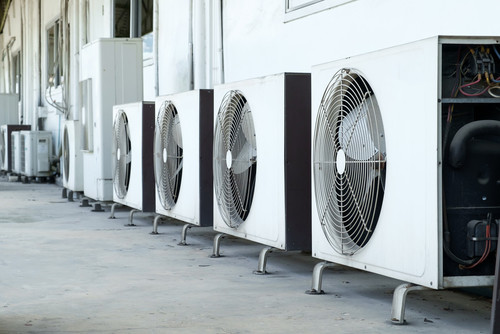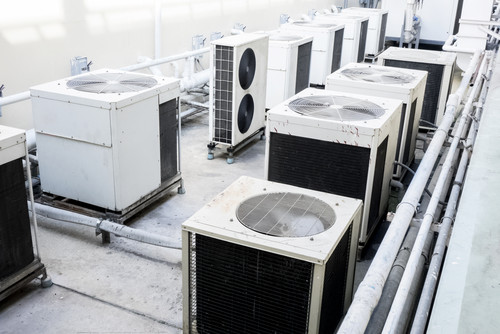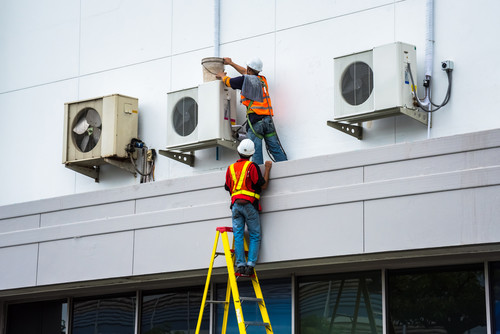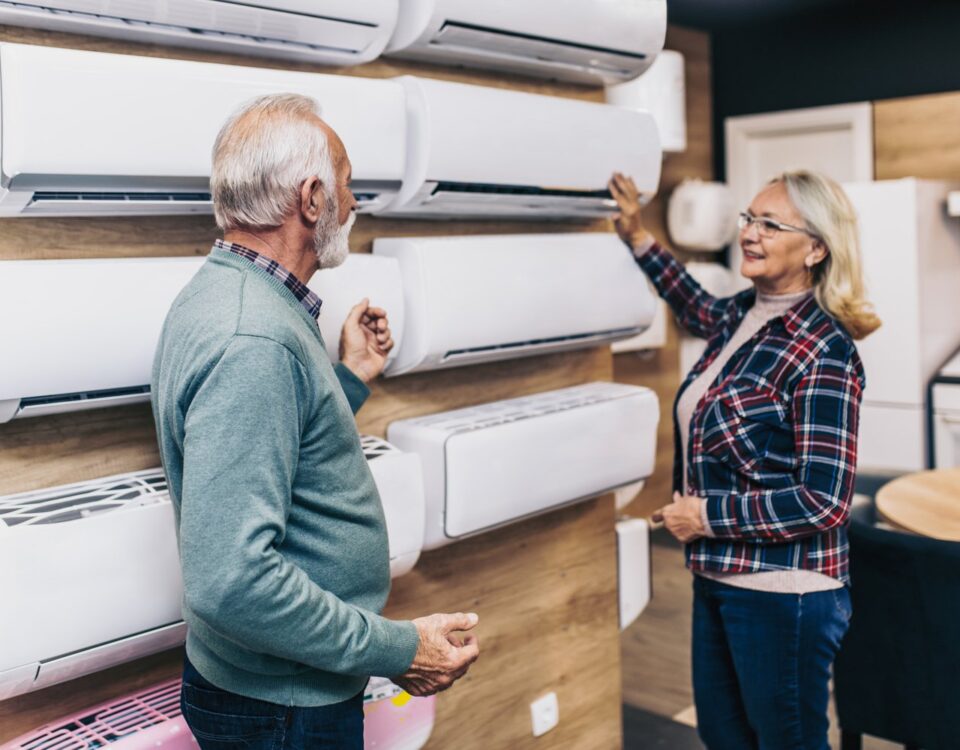
Common HVAC problems and Solutions: Repair or Replace?
November 28, 2018
How to Improve Indoor Air Quality in your Home
December 14, 2018How to Install HVAC System: Step-by-Step Guide
Installing a new HVAC system is a pivotal for enhancing your home’s comfort and energy efficiency. This a comprehensive guide that offers a step-by-step instruction to ensure a seamless installation process.
Step 1: Choose an Experienced Contractor
Selecting the right HVAC contractor is paramount for a successful installation:
- Verify Credentials: Ensure the contractor holds the necessary licenses and insurance.
- Expertise in Brand: Opt for professionals experienced with your chosen HVAC system brand.
- Schedule Conveniently: Coordinate installation at a time that suits your schedule.
Step 2: Properly Size Your Unit
Proper sizing is crucial to optimize HVAC performance:
- Measure Your Space: Calculate the exact square footage requiring heating or cooling.
- Match Capacity: Select an HVAC unit that aligns perfectly with your space to avoid inefficiencies.
Step 3: Opt for New Units
Choosing a new HVAC unit ensures reliability and efficiency:
- Long-term Savings: While used units may seem economical initially, they often lead to higher repair costs.
- Compatibility: New units integrate seamlessly with modern systems, ensuring optimal functionality.
- Energy Efficiency: New units typically boast higher energy efficiency ratings, reducing long-term utility expenses.
Step 4: Protect Your Outdoor Unit
Safeguarding your outdoor HVAC components is essential:
- Manage Debris: Shield units from leaves and debris that could obstruct airflow.
- Enhance Security: Consider installing barriers or cages to deter theft and vandalism.
Step 5: Ensure Proper Insulation
Effective insulation is key to maintaining HVAC efficiency:
- Seal Gaps: Thoroughly seal all gaps around ducts and vents to prevent air leaks.
- Insulate Ductwork: Properly insulate ducts to minimize energy loss and maintain consistent indoor temperatures.
In Need of Professional Assistance?
Ready to install your new HVAC system? Contact Elite AC LLC for expert guidance and professional installation services. Our team ensures your system is installed correctly, providing lasting comfort and efficiency.



